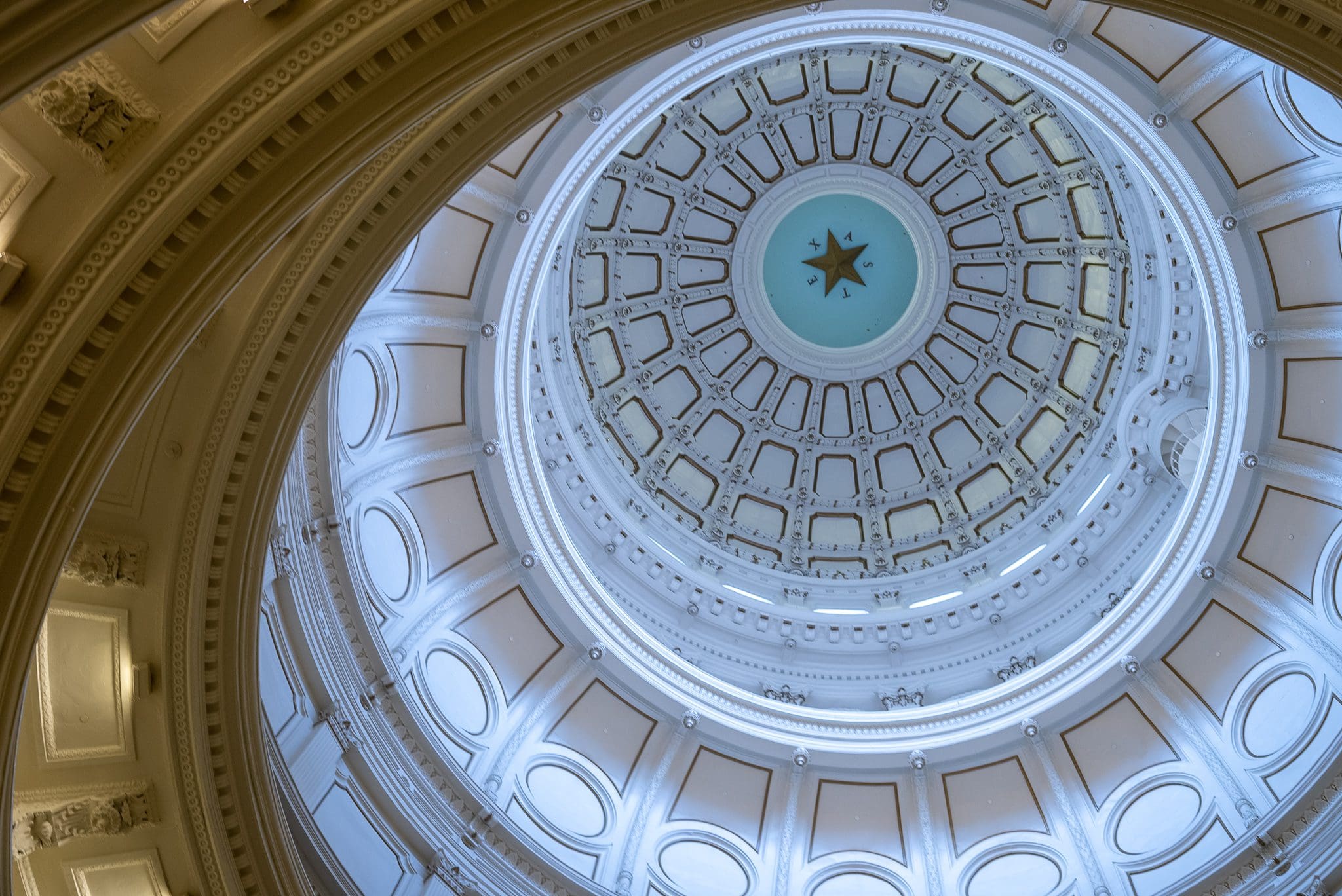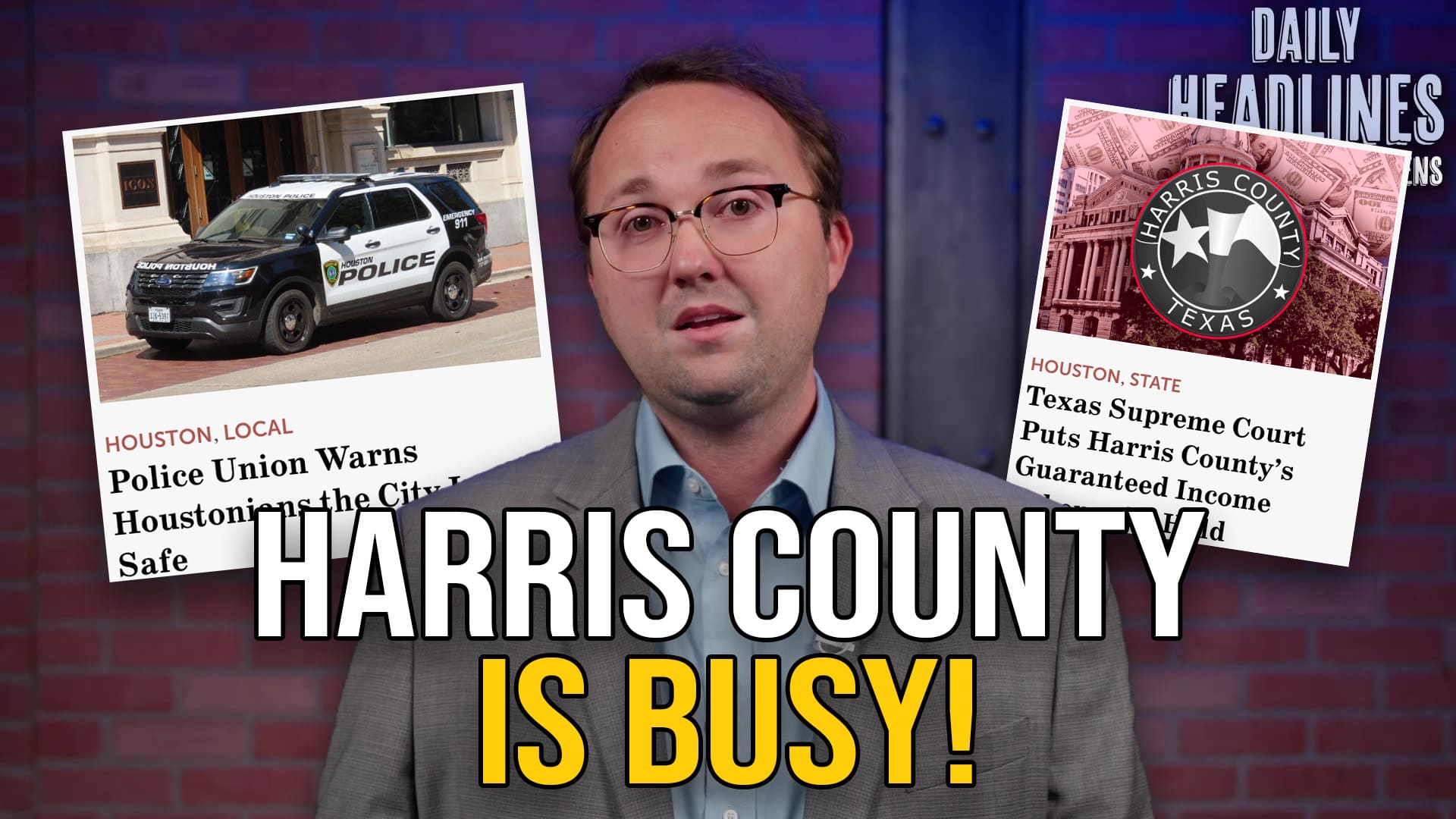After the Legislature’s regular session ended earlier this week, the state Legislature was called back to Austin for one of multiple special sessions planned for the year.
But what is a special session? And how is it different from a regular session?
What is a special session?
Texas’ part-time Legislature is known for meeting relatively infrequently, especially when compared to smaller states. While many state legislatures meet year-round or hold legislative sessions annually, the Texas Legislature holds its sessions every two years for 140 days. During that time, thousands of bills, of varying priority to citizens and statewide officials, are filed. The only business the Legislature is constitutionally obligated to pass, however, is a balanced biennial budget.
But what if the session ends and there is still business the governor wants to see completed? In that case, the governor is allowed to call a special session.
While bill subjects run the gambit during a regular session, a special session differs in that the only bills eligible for consideration are those on subjects chosen by the governor, or “on the call.”
Each special session may last for up to 30 days at a time. There is, however, no limit to how many special sessions the governor may call.
What are the rules?
Those who have followed a legislative session will note that much of the activity revolves around the rules, both constitutional and self-imposed. These rules stipulate how the body operates while in session.
While a regular session is marked with many deadlines, some of those restrictions are lifted or altered during a special session.
While bills must be filed during the first 60 days of the regular session, there is no such deadline during a special session.
During a regular session, legislation can be “prefiled” starting the Monday after the November general election. During a special session, bills may be prefiled up to 30 days ahead of the start of the session.
In a regular session, House calendars must be printed and distributed no less than 36 hours before the bills can be considered by the chamber. During a special session, that time is ratcheted down to 24 hours.
Vetos from the governor are treated the same in both circumstances. The governor has 10 days (not counting Sundays) to return the bill to the Legislature with objection. If a bill has been sent to the governor less than 10 days before the end of the session, the governor has 20 days (counting Sundays) to approve or veto the legislation.
Which issues will be on the call this time?
Gov. Greg Abbott notified lawmakers on Monday evening that he would call them back for multiple special sessions, with no more than a few items on each call. The first special session was called for property tax relief and border security legislation.
Other special session topics will likely include bail reform and school choice, two more of Abbott’s priorities that did not pass the Legislature this year.
Activists and lawmakers alike have called on more issues to be added to the call, including a ban on ownership of Texas land by hostile governments, ending COVID vaccine mandates, and stronger border security legislation. Lt. Gov. Dan Patrick sent Abbott a letter on Monday with a wishlist of items that passed the Senate but were killed in the House.
No ads. No paywalls. No government grants. No corporate masters.
Just real news for real Texans.
Support Texas Scorecard to keep it that way!





